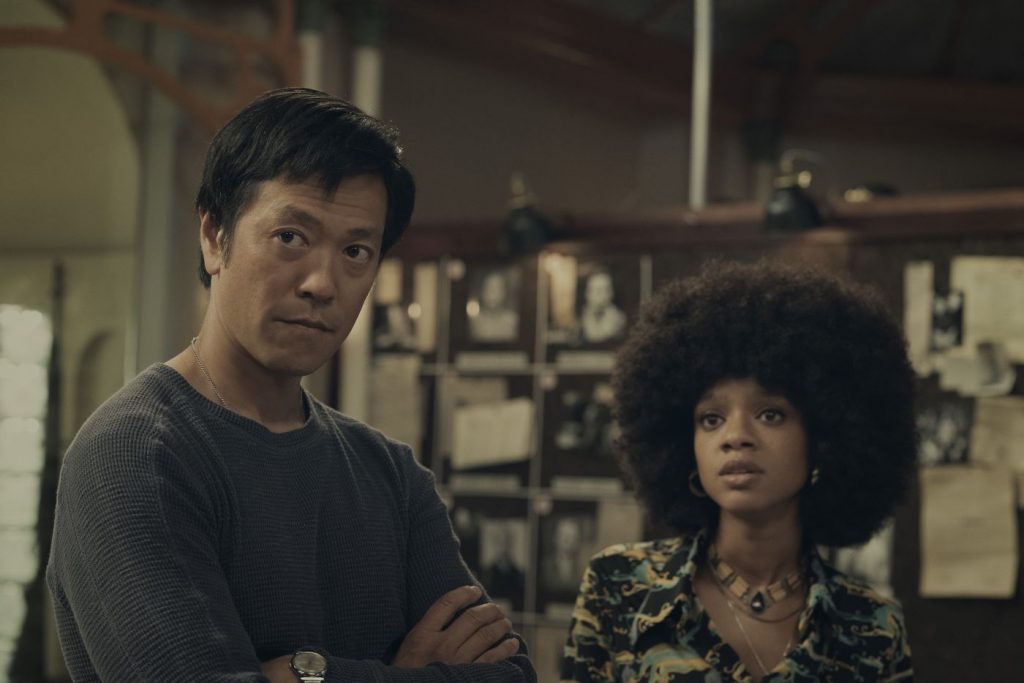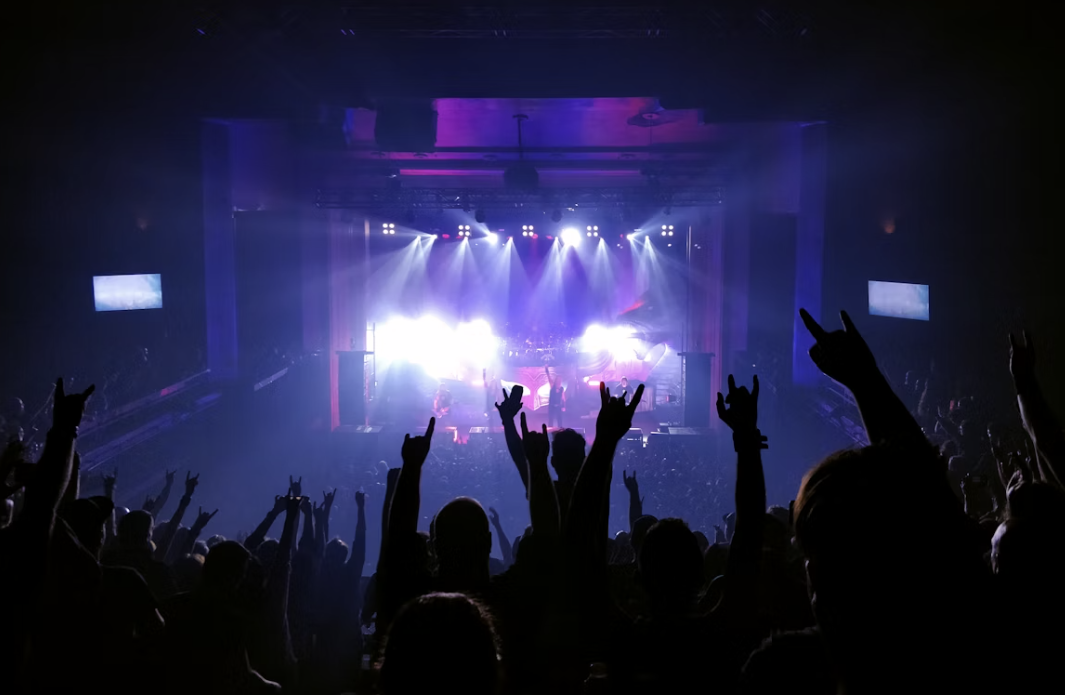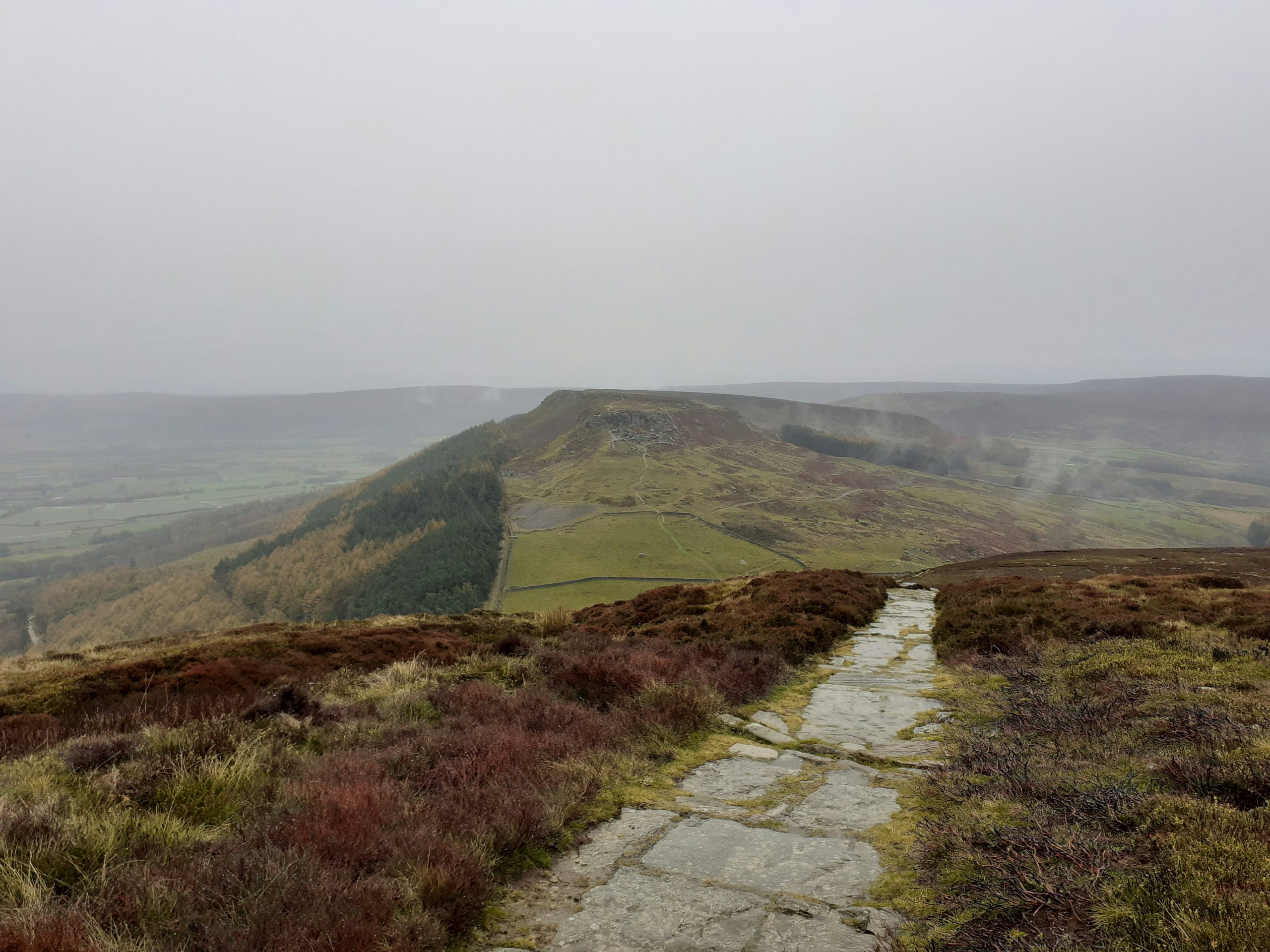By Suraya Rumbold–Kazzuz
What would you expect from a show about Nazi hunters in 1970’s New York? Well, a man brutally yet satirically murdering all the guests at his own barbecue party after one of them starts shaking and repeatedly shouting that he is the Butcher and a Nazi certainly sets the tone.
With its Inglorious Basterds-esque take on the narrative, there are a lot of aspects of Amazon’s Hunters which reflects Tarantino’s style. The show’s creator, David Weil, lets the audience know from the very beginning that this show will be difficult to watch. The over-the-top violence and gruesome revenge murders which take place throughout the show have been widely debated and questioned. With the invention of a human chess game where Jewish victims in a concentration camp are forced to shoot each other alongside other gruesome depictions of death and murder, the show blatantly antagonises and pushes the buttons of those who watch it. But, at the same time, it raises some very important questions and has created a dialogue about what is appropriate to depict in a TV show, after all, its main purpose is to entertain.

The first few episodes alone bring to light a lot of issues and questions for its audience. Logan Lerman’s character, Jonah Heidelbaum, is new to the world of Nazi-hunting and he acts as our ÔÇÿrelatable character’. He is sickened at the sight of the brutal violence which some of the Nazi’s are subjected to and stands slightly apart from the other hunters as he does not seem all too comfortable with it. While the witty tone of the series feels a little too try-hard, without it the show would simply be a gruesome and violent sensory overload. The comedic style allows for some breathing room so that we don’t have to watch ten hours straight of bloody revenge murders.
It also cannot be ignored that the 70’s era plays a massive role within the series and influences almost every aspect of every scene. Jonah’s desire to become a real-life superhero seems to be a large aspect of his motive to join the hunters in the first place, alongside avenging his grandmother’s death. The link between Jonah and Peter Parker at the beginning of the series is undeniable, however, it gradually becomes evident that Jonah may show a closer resemblance to Bruce Wayne than he does to Peter Parker.
However, these constant call-backs to 70’s culture are deeper than just surface-level superhero references. When all of the hunters are introduced one by one, there are some clear issues raised. Firstly, the references to blaxploitation cinema are certainly fitting as the show has cast Roxy as the stereotype of the 70’s black woman whose interests are disco, activism and then some more disco. The on-screen graphics, which seem to mimic images of Cleopatra Jones, exemplify the blaxploitation subgenre. It is no mistake that as Roxy walks on stage a voice can be heard yelling ÔÇÿgroovy baby’. Roxy and Joe’s characters are both used to represent two wholly diverse ethnicities, yet both are reduced to stereotypes and are given very little substantive screen time. It is hard not to notice the way in which Roxy and Joe seem to always be given the jobs of torturing and murdering the Nazi’s which were hunted. They are certainly presented as the most expert killers on the team.

Flashy on-screen graphics and witty callbacks to 70’s culture, it isn’t hard to deny that the mercilessly brutal depictions of the murders of innocent men, women and children under Nazi ideologies must be questioned – bringing to light the question of what is acceptable to enact on screen without exploiting tragedies for entertainment. Is it morally right to show these images of a murdered Jewish population when it is an image that is so poignant in many of our brains regardless? We know of the brutal murders that took place, so do we just prolong pain and suffering by creating entertainment based shows surrounding the topic of the Holocaust?
Despite some of it’s questionable choices, it’s important to highlight that the series feels like a very blatant wink at our culture today, a not-so subtle commentary on the rise of the Noe-Nazi. The show never allows you to get too comfortable as you watch. The ÔÇÿWhy Does Everyone Hate The Jews?’ game show alone is a very conscious narration of society today and an attempt to hold a mirror up to the audience, ominously asking at the end of the game if you know ÔÇÿanybody who would win big money here?’. The entire series acts as a warning not to allow a repetition of history and not to forget what has happened. But the shows self-conscious questioning of morals leaves something to be desired. There seems to be a lot of prompting dialogue about morals, but never a satisfactory conversation. Meyer Offerman (Al Pacino) suggests that the hunters must do what nobody else wants to and Jonah becomes less and less relatable throughout the series as he is influenced by Offerman’s quest of self-righteous revenge. It seems that the show’s creators were so busy asking us as an audience the question of what is morally right, they evaded the question themselves.
READ HERE
Next Article: Our Favourite Animes
Last Issue: Quench 177


